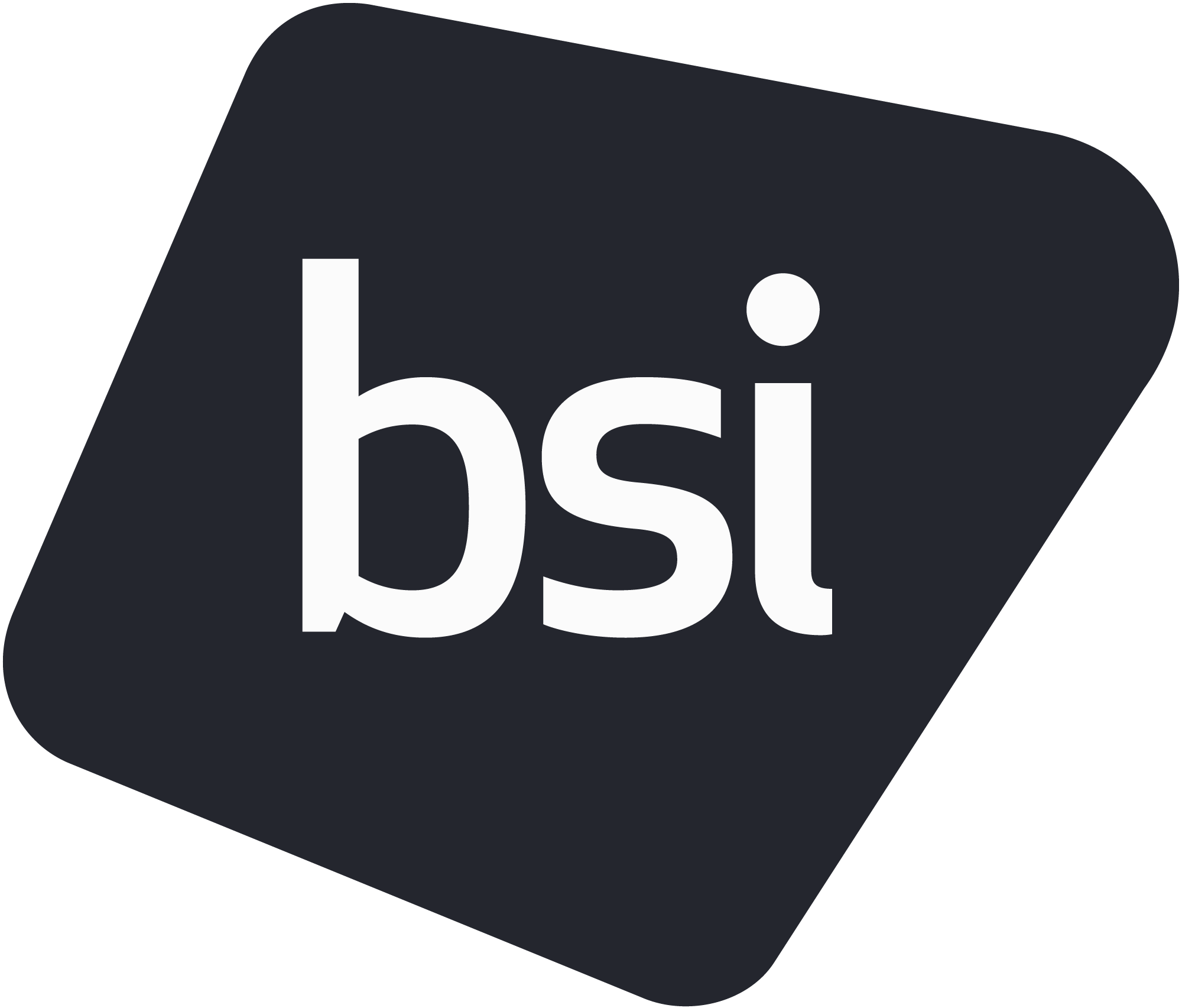The Circular Economy – A Pathway to Net Zero
Jun 20, 2024 | 11:00 AM – 12:00 PM ET
Virtual Event
The built environment consumes 40% of all resources globally, generally following the take-make-waste linear economy.
By contrast, the circular economy in the built environment is a systems-based industrial framework designed to tackle global sustainability challenges, such as climate change, waste, and biodiversity loss. In a circular economy, products and materials are reused, repaired, recycled, or repurposed to create new products, contributing to a more sustainable and resource-efficient economy.
A circular economy is a crucial component of the pathway to net zero. It’s being used by several companies, including Desso, Interface Carpet, IKEA, and Patagonia. It’s also been a long-standing pathway for William McDonough’s Cradle to Cradle concept for architectural design.
Further, the latest U.S. Acts (IRA, CHIPS, and IIJA) include circular economy goals as a way forward to:
- recirculating critical materials
- federal buy clean initiative
- extending product lifecycles
- reducing greenhouse gas emissions
- creating new industries and jobs
- avoiding unnecessary disposal of products and materials to mitigate emissions associated with embodied carbon
In this webinar, attendees will learn about the elements of the circular economy and why it is a resilient and timely system that is good for business, people, and the environment.
Speakers
Learning Objectives
- The difference between a linear economy and a circular economy.
- The shift from product lifecycles to material lifecycles.
- How the circular economy establishes links between sustainable resource management and digital technologies, such as BIM, IoT, Sensors, Asset Management, and Digital Twins.
- How a shift in design and earlier intervention can create new innovative approaches and business models in the built environment.








